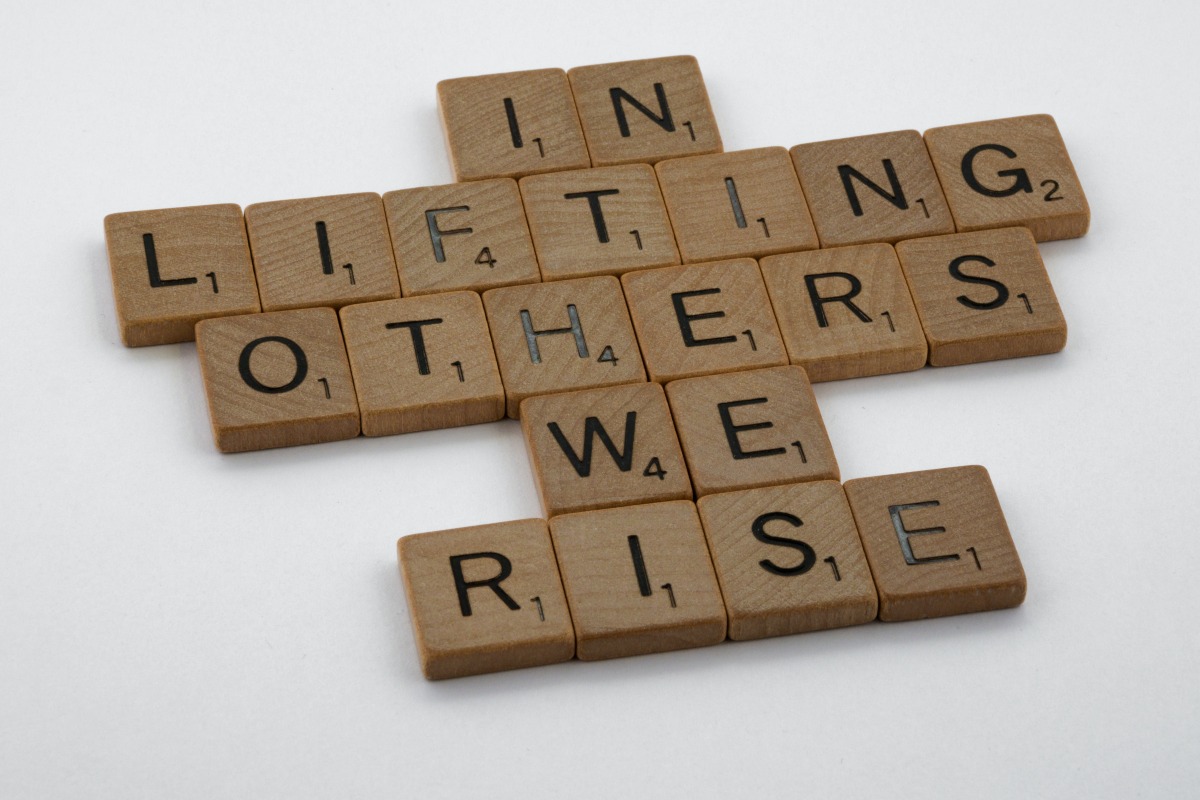How to Help Others in Recovery as an Alumnus
Life before treatment could have been a very stressful time. Having problems with addiction and co-occurring mental health conditions with no direction can make one feel very lost. Surrendering to treatment may have also been a very sensitive time that can come with a whirlwind of emotions. Accomplishing treatment and moving forward into early recovery can feel like a weight is lifted from one’s shoulders. Early recovery requires making many life changes but can come with several different positive opportunities. Choosing to help others in recovery as an alumnus of Restoration Recovery can feel very rewarding. Setting boundaries can protect the individual’s recovery as they lend support to others as well. It can also keep the individual on track to long-term recovery too.
The Positives of Helping Others in Recovery
Helping others in aftercare programs at Restoration Recovery can, in turn, help the individual with a history of substance use disorder (SUD) maintain long-term sobriety as well. Teaching others everything we know can also reteach us sober living skills and keep us updated on all the advancements regarding recovery. Advocating for the benefit of others in recovery can also expand one’s healthy social network with others that are sober as well.
As an advocate, the individual can invite others to alumni events to share the importance of spending time with others that are on the same path to long-term sobriety. It can be fun to participate in sober activities and give positive guidance when one feels like they are slipping. An advocate has already been through the intense phases of early recovery.
How to Help Others in Recovery: Getting Started
Intense cravings may have been hard to fight; triggers may have been difficult to appropriately respond to in early recovery. Teaching others the importance of avoiding alcohol and drug exposure is also a significant step to staying sober. An alumnus can send those in early recovery in the right direction if they lack a healthy environment to return to.
As stated by the Substance Abuse and Mental Health Services Administration (SAMHSA), working in the recovery space as a recovery coach can help individuals who are not in treatment but who are seeking support services for additional help. Recovery support is typically provided in different settings. Support services for those in recovery help individuals stay dedicated to their recovery process. An individual can also continue to live their life in any community and remove negative barriers for relapse prevention.
Conforming to a separate SAMHSA study, a sober living home, also called a recovery home, offers a different alternative to reducing negative exposures to substances. It can be a great starting point for those looking for a sober living environment. Discussing sober living homes can be very beneficial for a more comfortable lift-off in early recovery. A sober living home can offer a safe and stable environment from violence and drug exposure. Affordable and safe housing is essential for everyone. A recovery home can prepare an individual to live in an environment of their choice in the future.
How to Help Others in Recovery: Setting Boundaries
It is crucial for an alumnus to set boundaries, as SUD can be very challenging for both parties. This can be done to protect their recovery as they lend support to others. It is an amazing step to take to help those that are facing challenges with addiction and their mental health. Understand it is important to establish restraints to prevent burnout and relapse. It’s beneficial to clearly communicate your boundaries before moving forward. A few boundaries to take into consideration may include:
- Remember to put yourself first – prioritize self-care
- Communicate with kindness – be open and honest
- Give space when needed – remember early recovery is a vulnerable time
- Be understanding – try to keep a different perspective
- Have patience – trust the process
- Stay strong – be resilient to possible triggers
- Limit environmental exposure to drugs and alcohol – set expectations for no substance use period
How to Help Others in Recovery: Readjusting
As an alumnus, it may be beneficial to reassess, add, or change boundaries. This can be done to keep a good relationship with a fellow alumnus. It is critical for the alumnus not to bottle up aggravation. Tension can make early recovery challenging for both parties. Setting a good example for another alumnus may motivate them to do the same for others. An individual who is in early recovery may not abide by the guidelines in early recovery. Remember to say “no” if or when being exposed to drugs or alcohol.
When an alumnus has a substance relapse, it is important for them not to blame themselves or others. It may be easy to feel like giving up on the alumnus, but early recovery is different for everybody. Recovery is a unique process for everyone. Not all strategies work for the same person. Take time to not only set boundaries but also get to know the person’s boundaries as well. This can promote a more successful outcome for both parties. Everyone deserves to heal with long-term sobriety.
Helping others in recovery as an alumnus can feel very rewarding and beneficial for both parties. Restoration Recovery Center is a product of the desire of a group of experienced therapists who wish to help in the recovery of people with substance use disorder. Our mission is to help those struggling with SUD, mental health disorders, or dual diagnoses achieve long-term sobriety by offering treatment options that heal the mind, body, and spirit. We believe that unity, honesty, communication, and clinical support can work against the disease of addiction. If you or a loved one is struggling and needs help, call Restoration Recovery at (888) 290-0925 to learn more about our services today.






